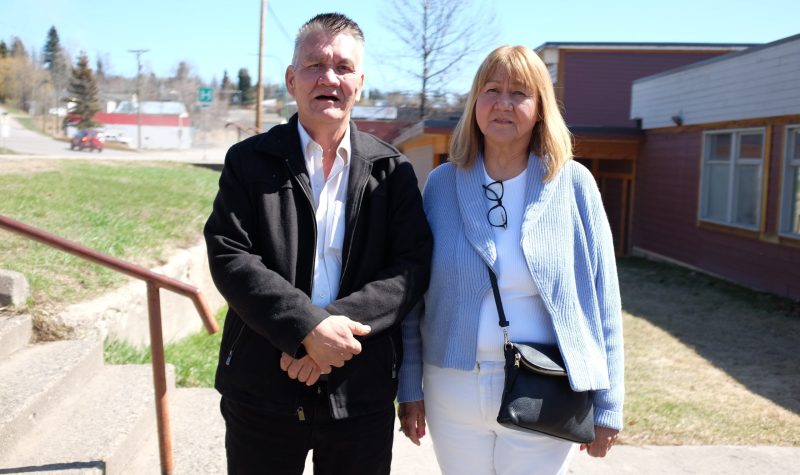Survivors of residential school abuse at the Immaculata day school allege that their complaints were mishandled by the RCMP in their investigation dating back ten years ago. They have taken their grievances to the Human Rights Commission. The hearing took place from May 1, 2023 to May 12th at the Ts’il Kaz Koh (The Gathering Place) in Burns Lake, BC.
It's difficult case with a lot of background that comes in to play. Here's some history --- In 2012, 8 members of the Lake Babine First Nations filed a police complaint against a person who worked at Immaculata while they were students at the Day School. This Day School operated in Burns Lake in the 1950s until 1986, and was run by the Catholic Church.
Further complicating our reporting, there is a publication ban on the name of the person alleged to have perpetrated the abuse. A.B. is the way the courts have mandated we refer to this person, who was found not guilty by the RCMP.
Though we cannot name the person at the centre of the complaints, what we can do is summarize what the witnesses have stated during their testimonies.
“I’m here to cry out for all the people, [so] someone will listen to us.” Richard Perry made this statement with the help of his sister Myrtle while testifying in a Canadian Human Rights hearing. Richard required the help of Myrtle to give his testimony as he often slips into speaking Carrier, which Myrtle had to translate for him. He is 65 years old and on Tuesday May 2nd he spoke as a witness and survivor of abuse while he was a student at Imaculata Day School in Burns Lake in the 1960s and 70s.
(Richard and his sister Myrtle are in the feature photo of this article).
Kathleen Martens is APTN's senior online editor in Winnipeg. Kathleen and her team at APTN have been following this case since the Canadian Human Rights Tribunal accepted the statement of particulars in 2016. Kathleen has years of experience with trauma-informed reporting during her 12 years with APTN.
"We've covered residential schools, day schools, the 60s scoop. All of these ways that Canada, [and] the colonial system has tried to assimilate Indigenous peoples in the country and, remove them from their homes, their families, their land, their language, and their culture."
Listen to the link below for Kathleen's history with this case in her interview with Pamela Haasen. Warning: this interview contains descriptions of physical and psychological abuse.


